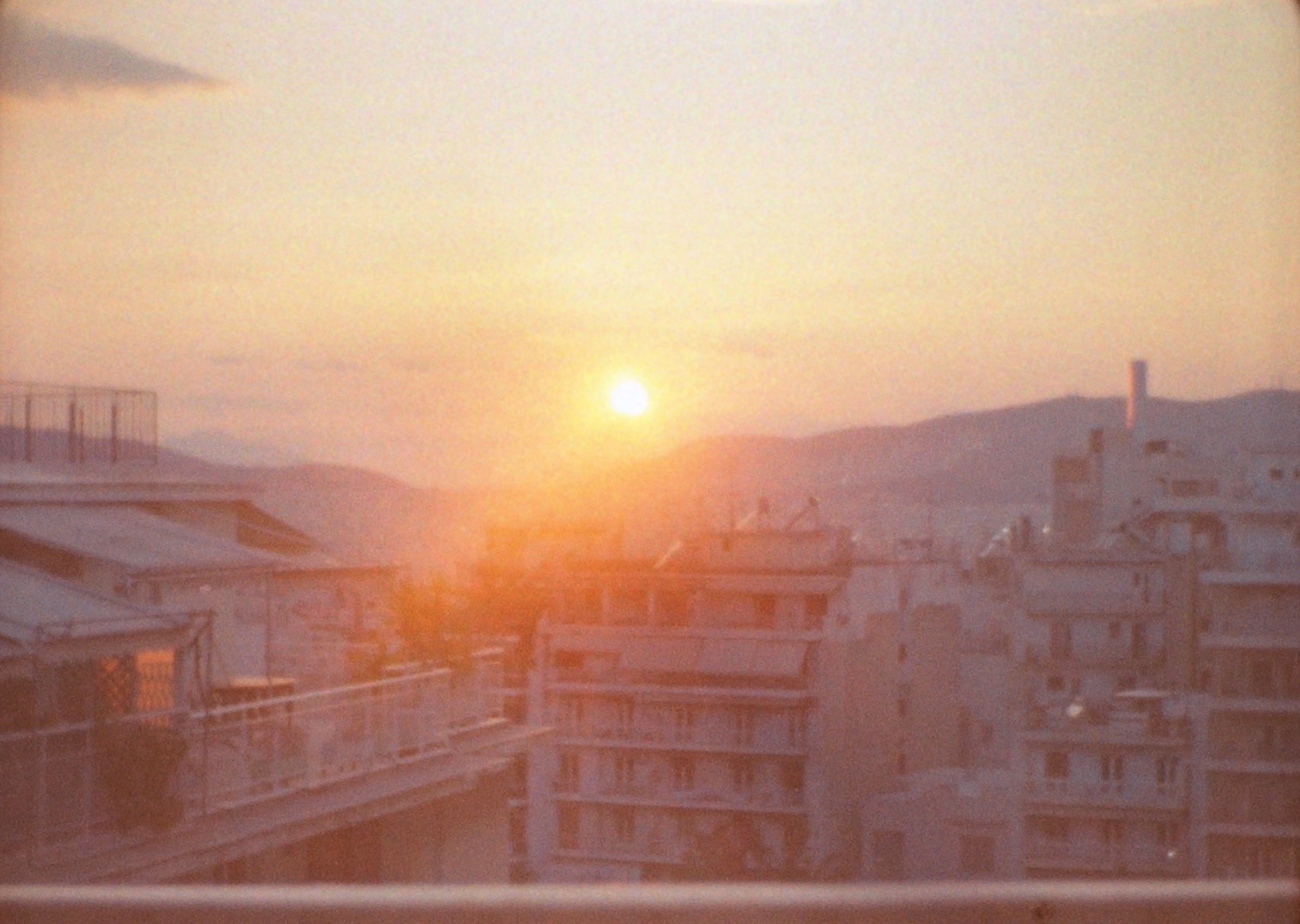Iva Radivojević

Radivojević's new work produced for the Gjon Mili International Exhibition revolves around Zora, the Slavic goddess of dawn, whose name appears in various forms in Slavic folklore. Zora embodies both singular and plural identities. She either appears as one figure or as a triad of sisters representing sunrise, noon, and sunset— the past, present, and future. Together, they are guardians of time.
In the title of the work, she is first evoked via her celestial attributes: Danica, also known as the Morning Star. Zora is said to dwell in the Palace of the Sun, reigning over the cosmos. In moments of battle, she is believed to lower her veil, shielding favored warriors from harm. She is then introduced as Radivojević’s grandmother, Dragica, whom the artist recorded in Zagreb a decade ago. Dragica, who passed away in May 2024, is resurrected as one of the Zoras, imbuing the work with a deeply personal and mythological resonance. Her last avatar, Duška, is a woman’s first name, common in the Balkans. In English, it can be translated to spirit or soul.
Radivojević’s images position Zora as the central figure, presiding over women contemporary warriors and their daily lives. Her new film journeys through various landscapes—by boat, train, and car—pausing periodically to focus on women engaged in everyday activities. These vignettes capture intimate moments: a friend folding clothes at night, a young woman on her wedding day, one contemplating the sunset, one dancing, or a pregnant friend diving for a swim. Borrowing the ancestral figure of Zora, Radivojević weaves together ancient and contemporary warriors.